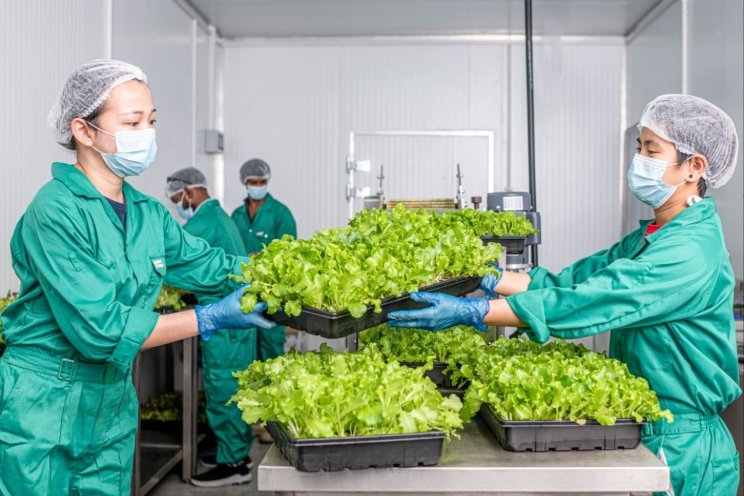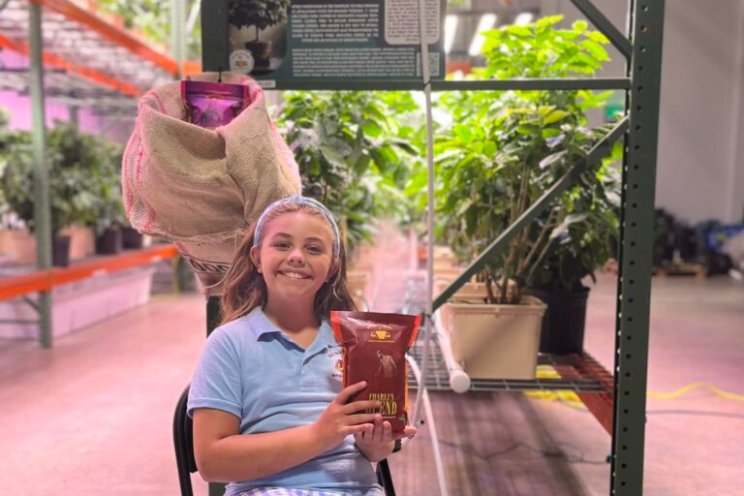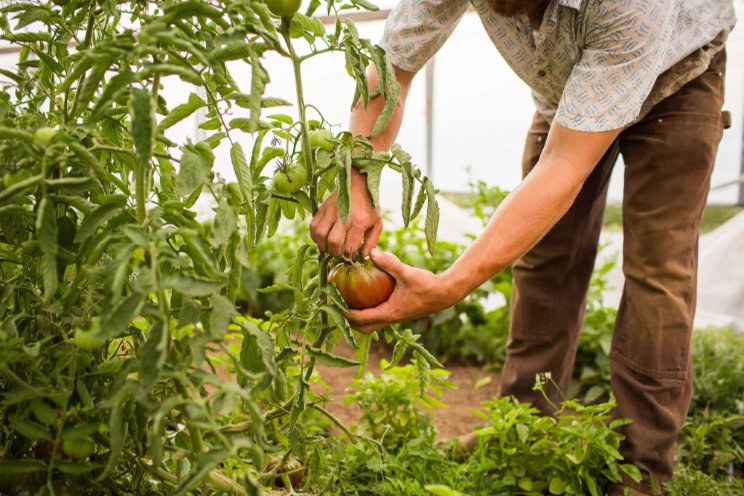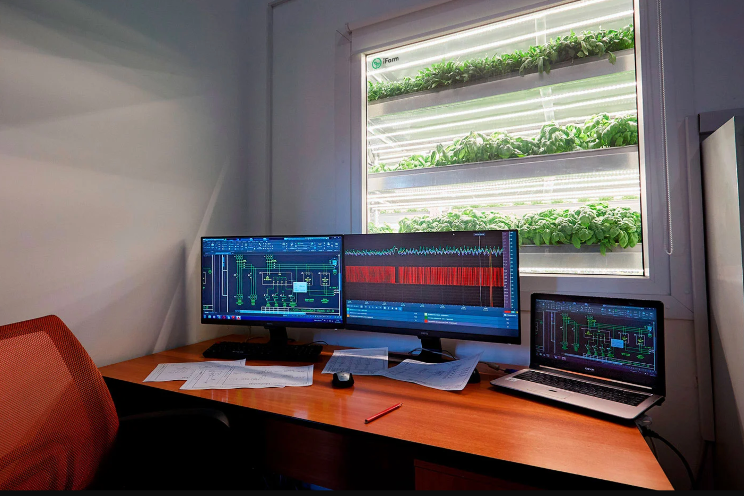More sustainable vertical farming to Latin America
Added on 09 November 2021

Bunster and Sjögren started AgroUrbana in 2018, launching what's widely believed to be Latin America's first large-scale vertical farm. Momentum has only increased since then, and recently, AgroUrbana closed a $4 million Series A funding round to expand on its vision of kickstarting vertical farming operations across the region.
The round was led by impact investment firm Kayyak Ventures. Other participants included the CLIN Fund managed by Chile Global Ventures, and family offices linked to the food, retail, financial, and real estate industries.
The new funding will go towards building AgroUrbana's first large-scale vertical farming plant. The company currently operates a 3,000-square foot climate-controlled pilot facility in Santiago that grows lettuce varieties using hydroponics and precise spectrum lighting. The new facility will be a replication of the pilot plant - but 10 times bigger. It will increase AgroUrbana's output by about twentyfold, according to the company.
Bunster and Sjögren tell AFN that AgroUrbana greens have been in supermarkets like Cencosud and Walmart for more than a year, in addition to sales channels through restaurants and catering. The company also operates a direct-to-consumer subscription box available via its website.
Powered by renewables
Much of AgroUrbana's operation is informed by Bunster and Sjögren's time spent working in the renewable energy sector. Both are veterans of the space, working at places like VESTAS Wind Systems and a startup called Solar Chile, respectively.
"We see patterns in vertical farming that we saw in renewables in the early times, so you have this mix of technology and data management and costs are just decreasing over time," Sjögren says. "And then you see all the costs for conventional agriculture and the restraints or restrictions there over time that are increasing."
Chile is fertile ground, so to speak, for testing renewables in the vertical farming environment. In 2020, the country met its 2025 target goal of producing one-fifth of its energy via renewables, and at least 25% of its energy has come from solar and wind plants so far in 2021.
"We were always looking at was what we can do with [this] amount of renewable energy, which is competitive, abundant [and] sustainable," says Bunster. "We saw in vertical farming a way to use these trends to solve problems or challenges for the food industry."
To that end, AgroUrbana is using only renewable energy in its operations going forward, providing what could become a more sustainable vertical farming method.
Technology-agnostic
"Proprietary" is word we hear more frequently these days in discussions around vertical farming. Companies like AeroFarms and Bowery have raised hundreds of millions of dollars, much of which they are pumping into what they claim to be proprietary technology systems to power their farms.
AgroUrbana is taking a different route; Bunster and Sjögren insist that they need a more off-the-shelf approach to technology when it comes to developing their vertical farms.
Click here to read more on Ag Funder News.
Photo by Petr Magera on Unsplash
Source: Ag Funder News
More news















